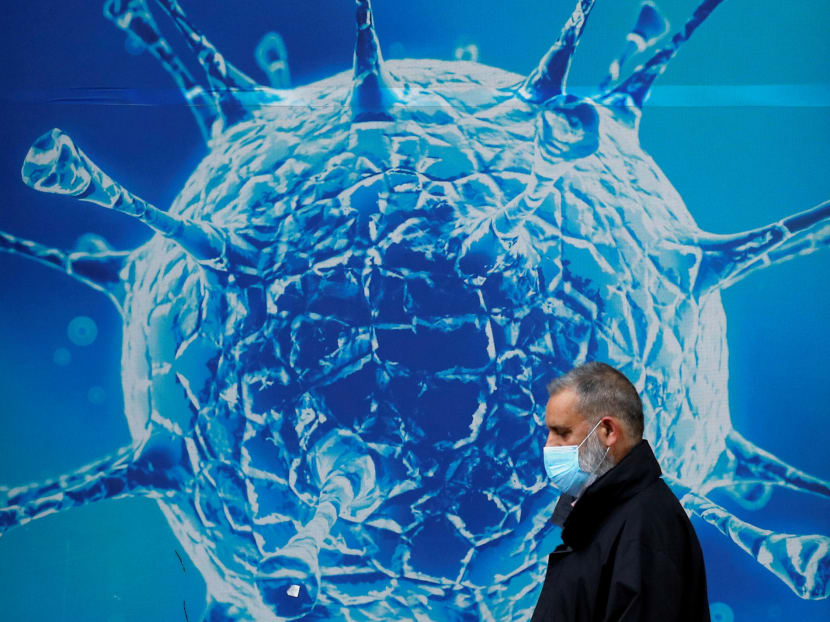Coronavirus antibodies remain in body for at least 6 months, Japanese study finds
HONG KONG — A Japanese university on Wednesday (Dec 2) said researchers had found that people are likely to hold antibodies for at least six months after they are infected with the novel coronavirus.

A Japanese study found that antibodies were more prevalent among patients who were moderately or severely affected by Covid-19.
HONG KONG — A Japanese university on Wednesday (Dec 2) said researchers had found that people are likely to hold antibodies for at least six months after they are infected with the novel coronavirus.
The findings by a Yokohama City University research team suggest that the effect of Covid-19 vaccines being developed by Japan, the United States and other countries — products that would, if authorised, induce the generation of antibodies in the human body after injection — may last for some time.
The team will also conduct a study on the antibody status of former Covid-19 patients one year after being infected with the virus, the university said.
According to an interim report on the research, 98 per cent of 376 people whose blood samples were analysed had neutralising antibodies, which work to prevent reinfection by blocking the virus from multiplying.
From August to September, a total of 617 former Covid-19 patients volunteered to take part in the study, which according to the university was the biggest of its kind in Japan. The team collected blood samples from 376 of them by Oct 26.
Of the 376 former patients in their 20s to 70s, 280 developed no or mild symptoms, 71 developed moderate symptoms and 25 developed severe symptoms.
The study also found a tendency that antibodies were more prevalent among patients who were moderately or severely affected by the respiratory disease.
While 97 per cent of the former patients with no or mild symptoms had neutralising antibodies after six months, 100 per cent of those with moderate or severe symptoms possessed them.
Studies have found that if neutralising antibodies quickly disappear from the systems of people who recovered from Covid-19, it is difficult to achieve "herd immunity", a development that would make it difficult to put the pandemic under control even after vaccines are made available to the public.
Herd immunity is an indirect protection provided to those who are not immune to an infectious disease when most of a population becomes immune to the disease, according to Johns Hopkins University of the United States.
Since coronavirus vaccines being developed around the world can create neutralising antibodies, medical experts believe effects could last for a fairly long period of time through vaccinations.
"A number of overseas studies indicate antibodies remain (for several months) in about 90 per cent of those who got infected," said Dr Atsushi Goto, a professor at the university's Association of Medical Science and a member of the team.
Dr Goto said the research result is credible as it matches those of studies conducted in other countries.
Japan has agreed with US drug makers Pfizer and Moderna, as well as Britain's AstraZeneca, to receive sufficient vaccines when they become available. KYODO






